Research Software Development at UCL
Raquel Alegre
Senior Research Software Developer
UCL Research IT Services
This talk is about...
- Services provided by RSDG
- Some projects we work on
- What's a Research Software Developer?
A bit of history...
- Most of research nowadays uses software
- Research software traditionally made by:
- PhD students
- Post-docs
- HPC
- External consultants
- Research Software Developers have existed for many years, but:
- We lacked recognition or career path
- We were measured on publications
- We didn't have a title
Researcher
Software Developer
Research Software Developer
What's a Research Software Developer?
- Custom software development
- Optimisation and refactoring
- Infrastructure
- From astrophysics to archeology
- From web development to HPC
Training:
- Software Carpentry
- Python and Advanced C++ for research
- Publications
- Events
- Mentoring
- Networking
- Assessments
- Recruitment panels
- ...
UCL Research Software Development Group
Project work:
Outreach and collaboration
UCL Research Software Development Group
- Started in 2012 with 2 people - we are now 13!
- We work across all fields:
- Senior RSEs focusing on each of UCL's schools
- SLASH + SoE
- BEAMS
- SLMS
- Senior RSEs focusing on each of UCL's schools
- We use different technologies
- General programming: Python, C++, R, Java, ...
- HPC (UCL and national supercomputers)
- Web development: Django, Flask, Angular
- Databases: SQL, NoSQL, GIS...
- Data Science service
Some projects we have worked on
Analysing large text datasets
- Motivation: Adapt methods usually applied to big data processing in scientific research to the non-numerate research.
-
Data:
- The London Times Digital Archive (1785 - 2010)
- 60000 digitised books from the British Library
- More datasets coming from different collaborations
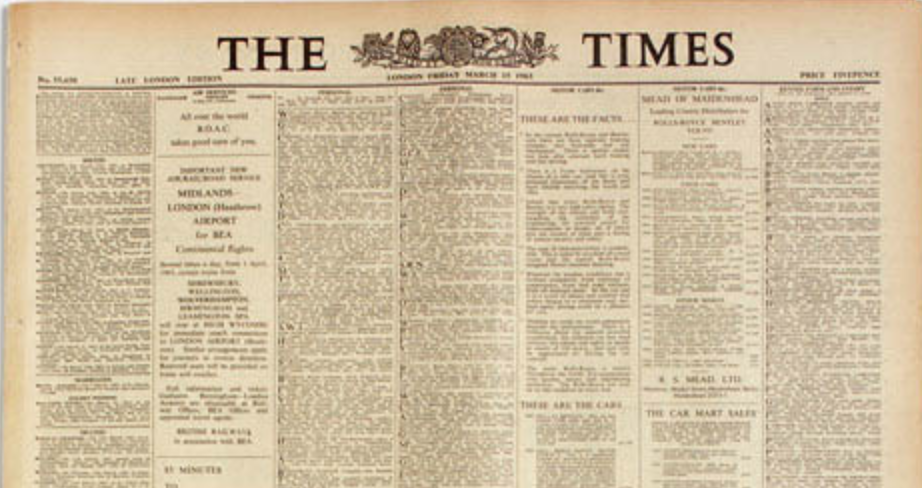
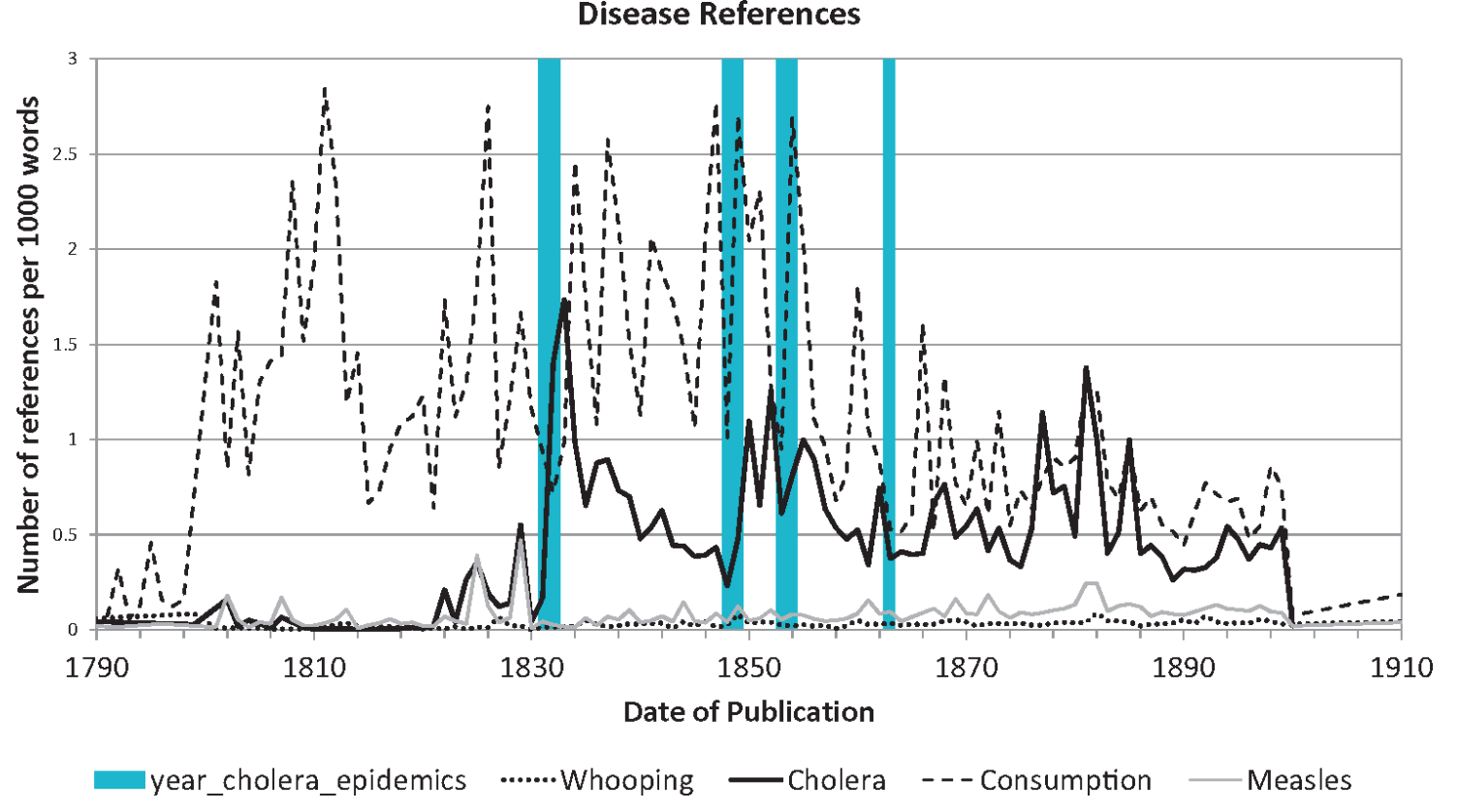
How does the occurrence of diseases in published literature compare to known epidemics in the 19th century?
History of medicine
History of images
How do results using digital humanities techniques and digital sources compare to those using traditional methods and small, hand-crafted collections?
How did changes in image techniques and the size of images map onto the different genres over time?
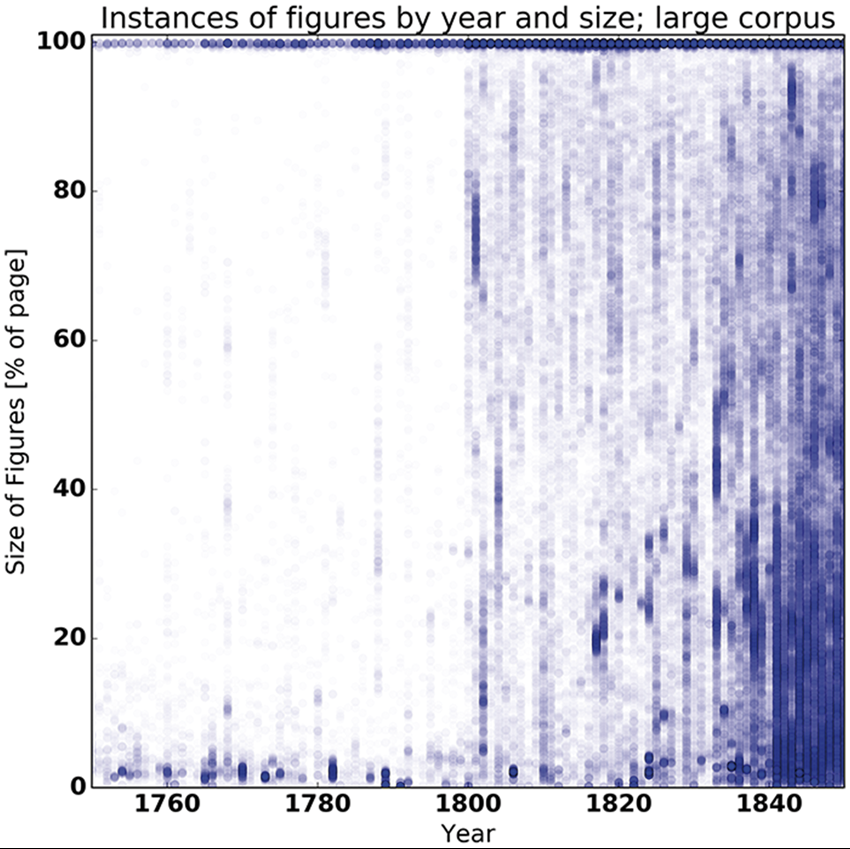
Study on gender bias
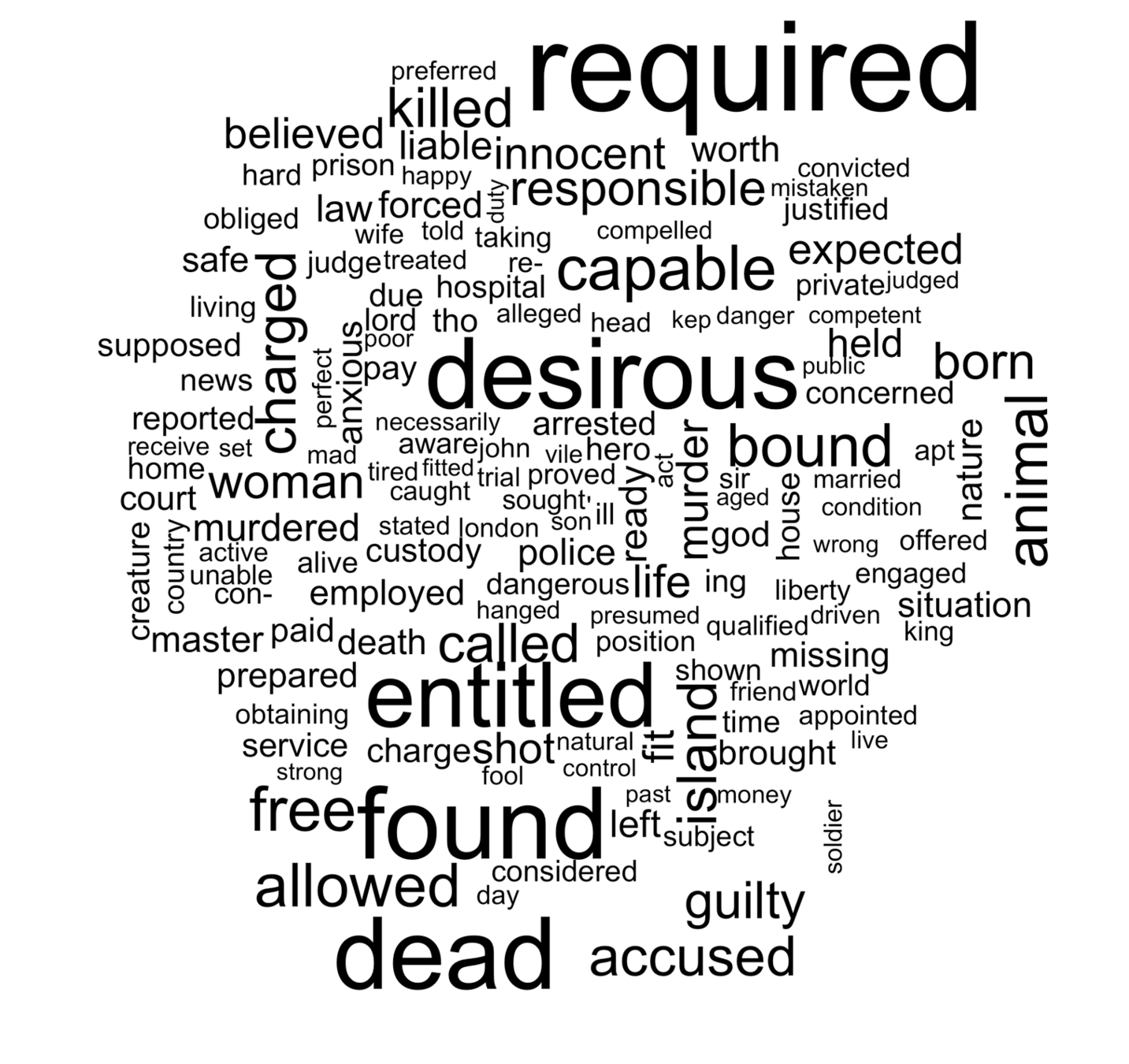
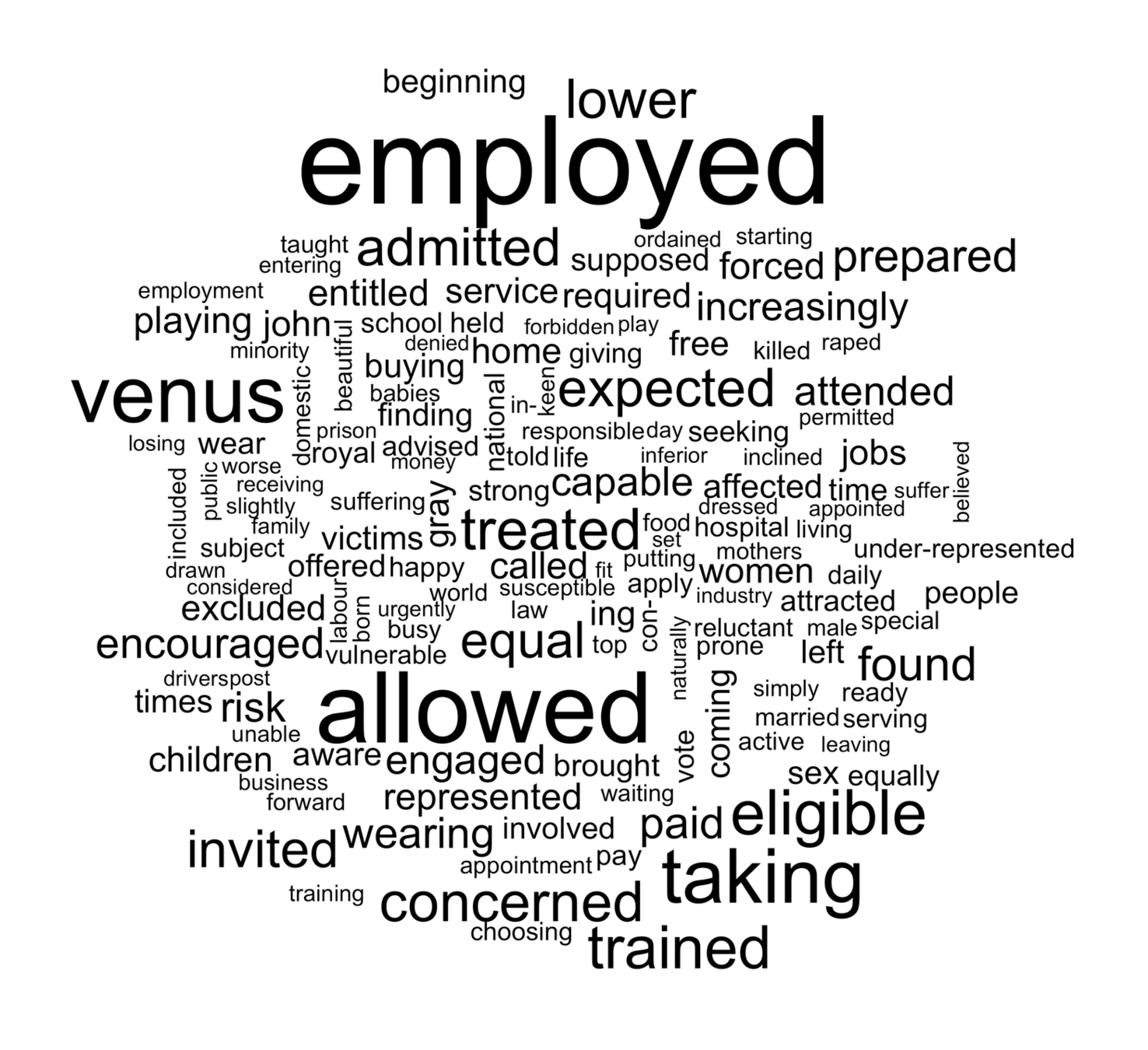
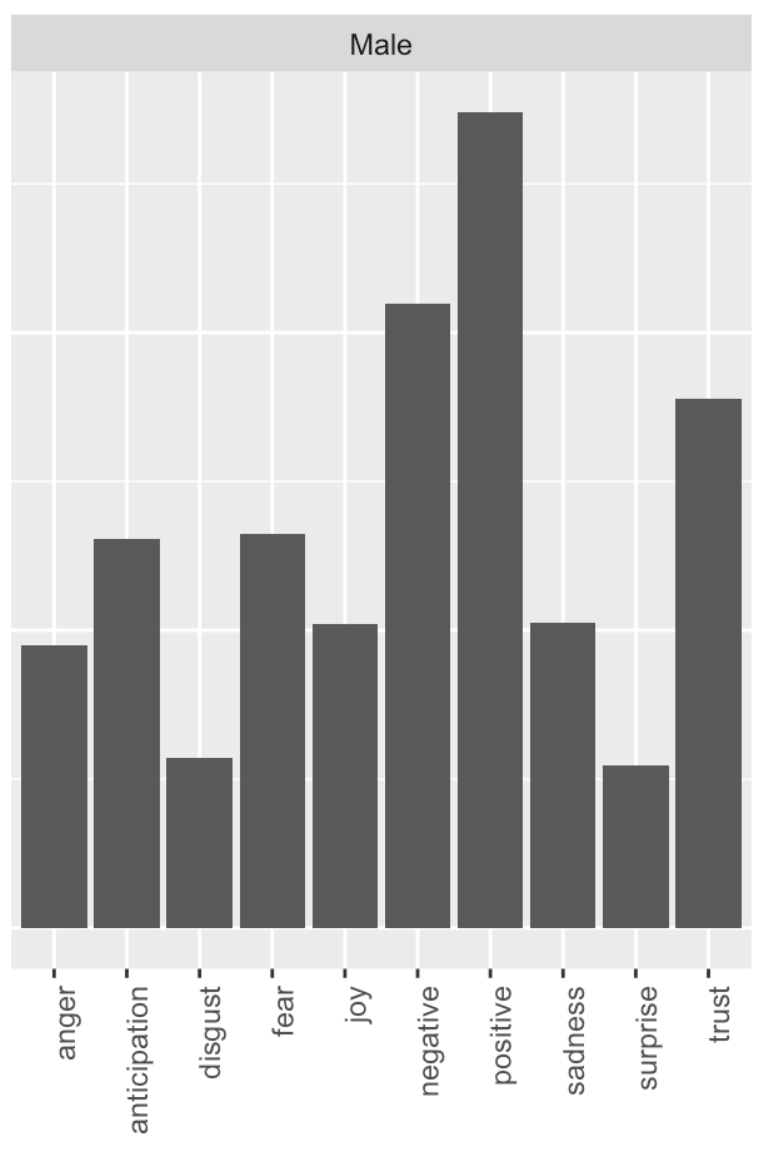
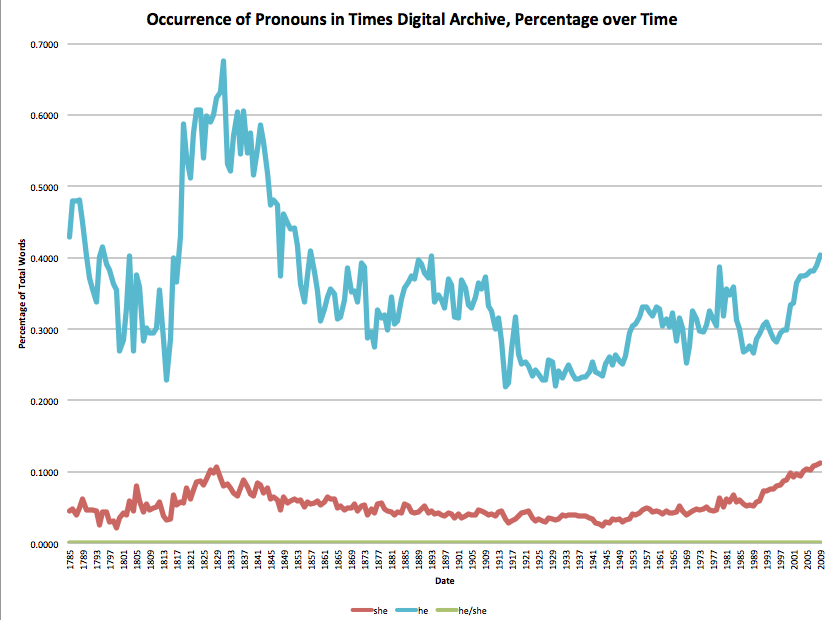
...
-
Interest from different disciplines:
- Popularity of "Professors".
- How news from the Netherlands are talked about in London.
- Study on immigration.
- Articles about Whitechapel.
- Term frequency related to Monopoly streets.
Online cuneiform text catalogue




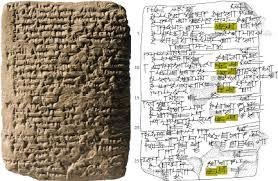
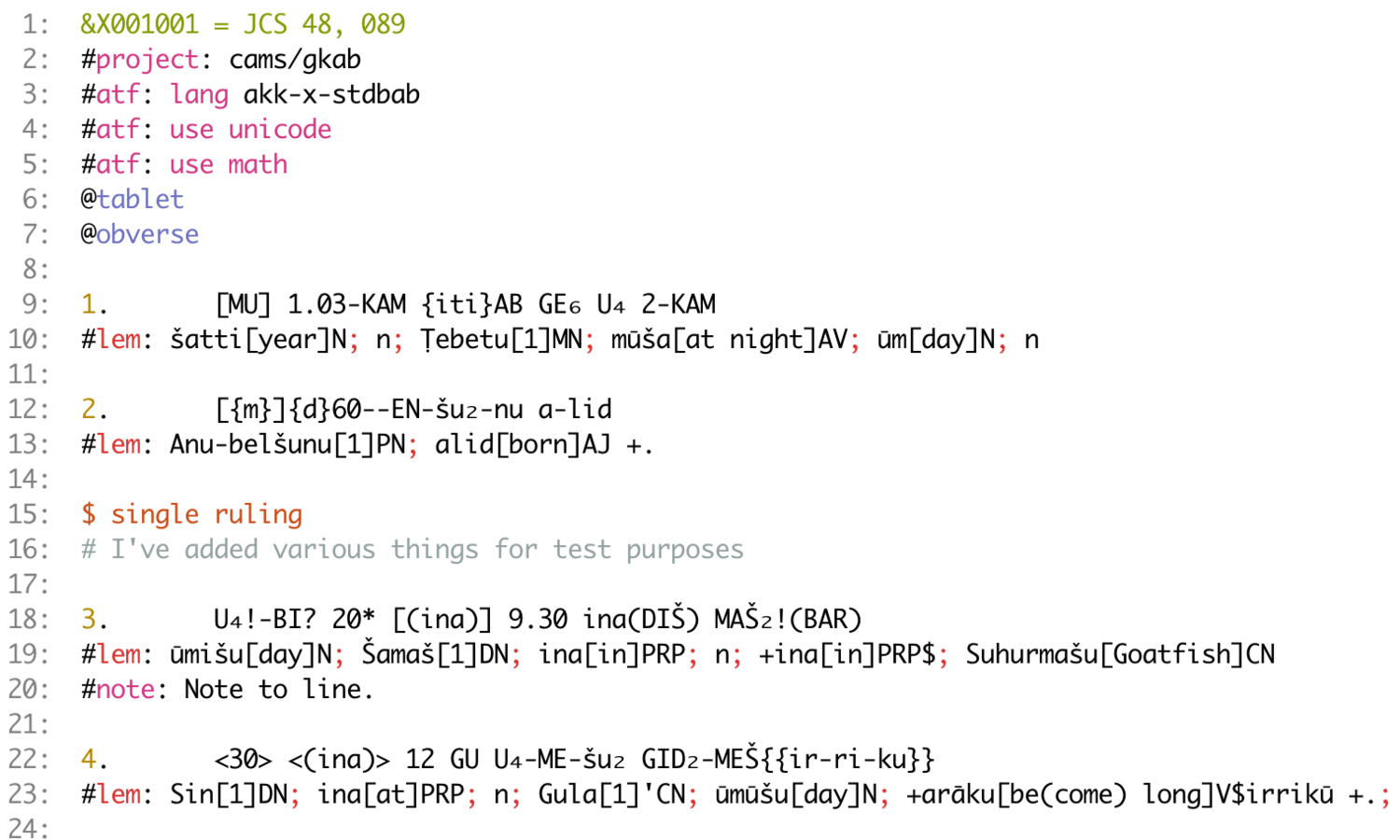

ASCII
Transliteration
Format
Researchers came with a way to digitise these texts, but:
- No appropriate grammar definition
- Their tools were difficult to use and install
- Not very user friendly
- Steep learning curve
- Needs internet connection to validate files
- Formal text grammar
- Create a user friendly and intuitive interfaces
- Allow for offline validation
- Adapt for Arabic-speaking users
RSDG's objectives:
Online cuneiform text catalogue

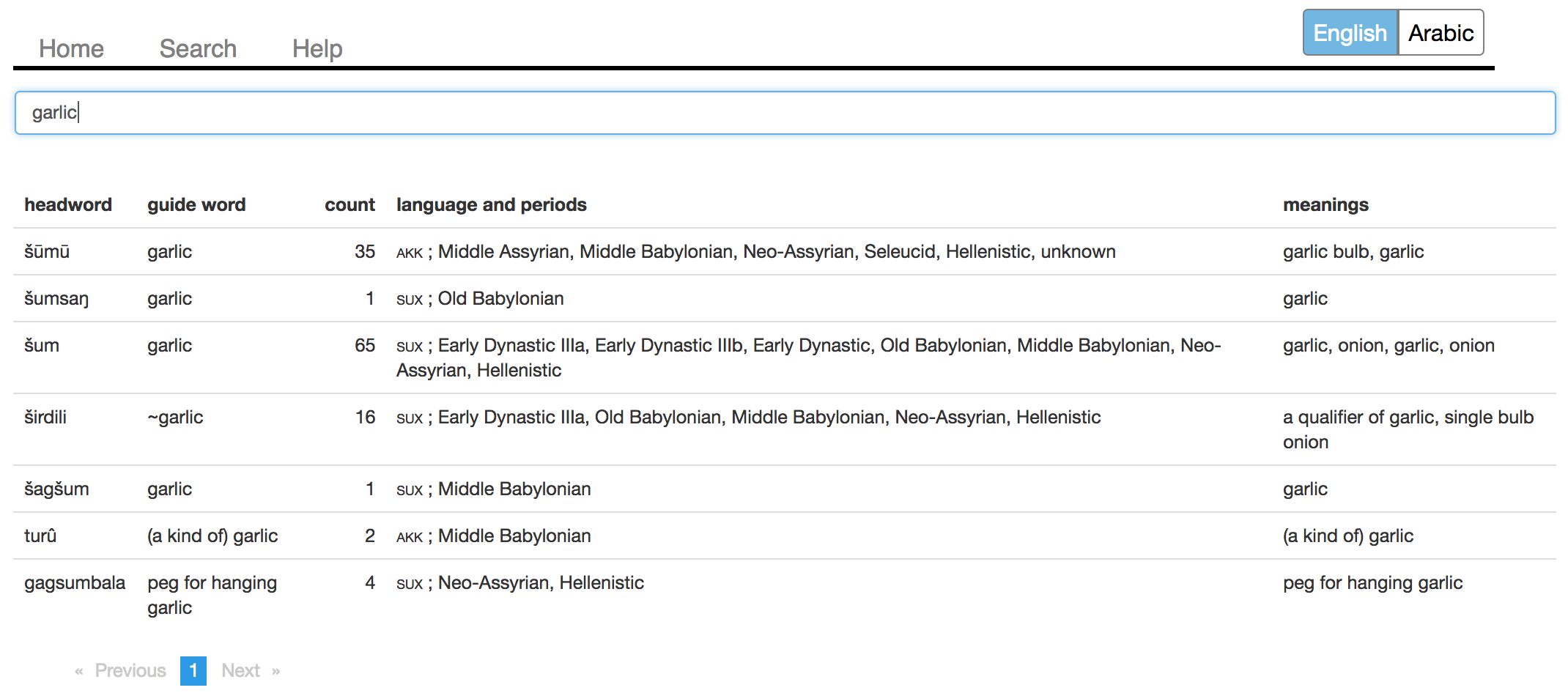
Tools for visualisation and analysis of the shipping industry and its regulation
- Very slow data processing - 30' to 60' per query
- Visualisation was not possible in most cases, and not at all interactive, delaying and frustrating the team
- No hosting solution
- Sensitive data
- We found tools relevant to their research and an appropriate solution for hosting them
- Optimised the database so queries now took under 5 min
- Made visualisation possible, allowing for publishing as well as interaction to better analyse the data
- Researchers had a large amount of data from vessels, their positions every second, emissions, speed, etc., but:
- RSDG work:
Other Projects
- CloudLabs: Automation of VM provision on the cloud for the UCL research community.
- Moorfields: ETL pipeline and data aggregation of ophthalmology appointments.
- FitBit: Research on temperatures at homes looking into data from Fitbit trackers.
- Critical Care and Inform: Ongoing collaboration with UCLH to use data recorded from patients for research and real-time patient care.
- Purify: Development of a HPC framework for image compression for the Square Kilometre Array.
- DCProgs: Work on 30-year old Fortran code underpinning Nature-published research on Pharmacology.
- Zacros: Parallelising Kinetic Monte Carlo software for chemical processes.
- GloTraM: Global Transport Model of the shipping industry.
Contact us!
rc-softdev@ucl.ac.uk
r.alegre@ucl.ac.uk
@raquelherself
Get in touch!
- Automate tasks you do with computers
- Work on forecast and modelling software, or optimise it
- Make your research more widely available by creating new visualisations or releasing it on the web
- Consider alternative ways to apply for funding for your research that include software development
- Explore opportunities to apply AI and ML to your research
- Apply your research methods to larger amounts of data
- Learn a new programming language or how good software development practises can improve your research
- Find out more about what other services we offer
- Meet other like-minded people in the UCL research community
Research Software Development at UCL -
By Raquel Alegre
Research Software Development at UCL -
Presentation about overview of services provided by UCL RSDG by Raquel Alegre for RITS visitors from the Netherlands - November 2018
- 1,449



